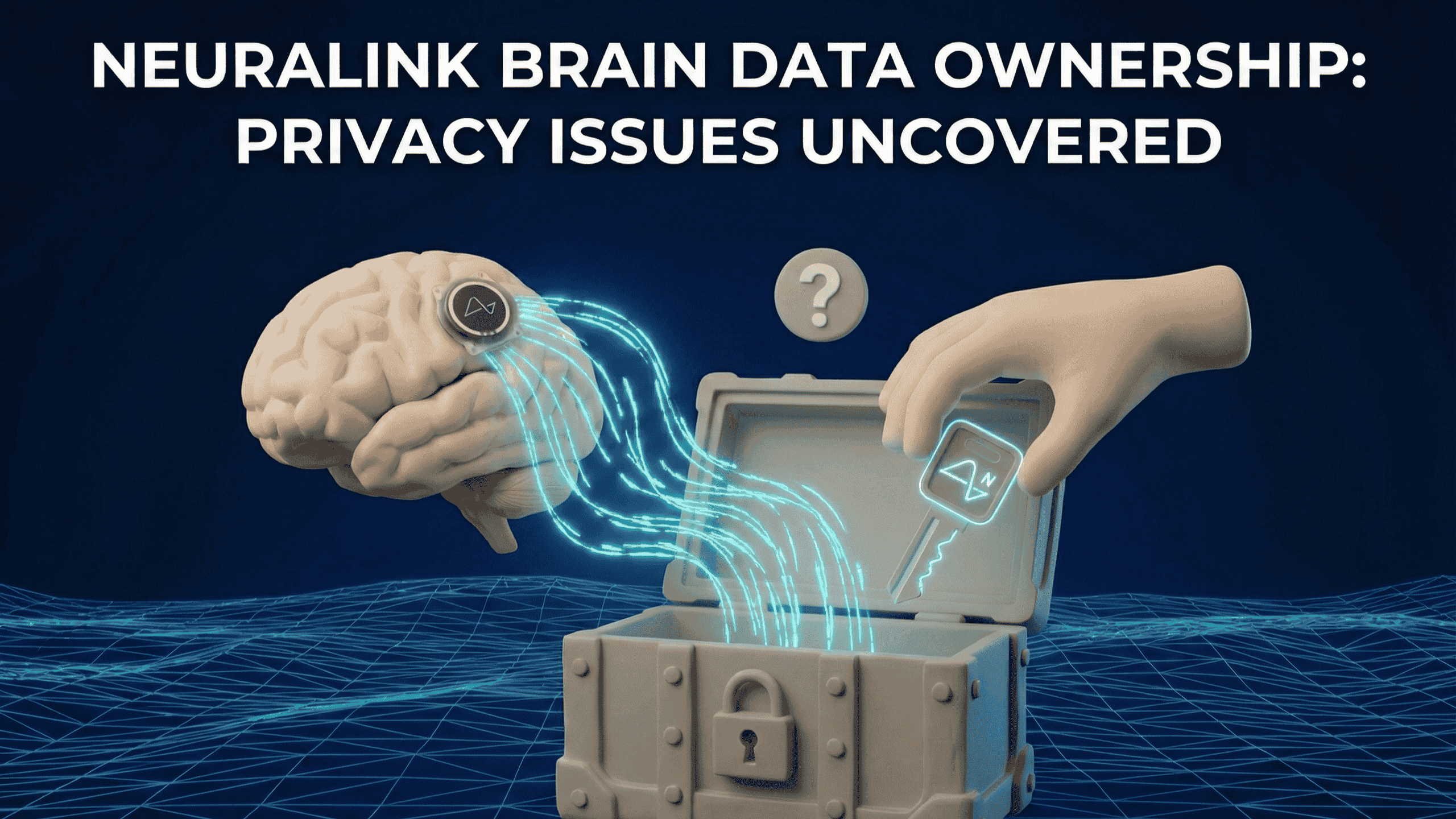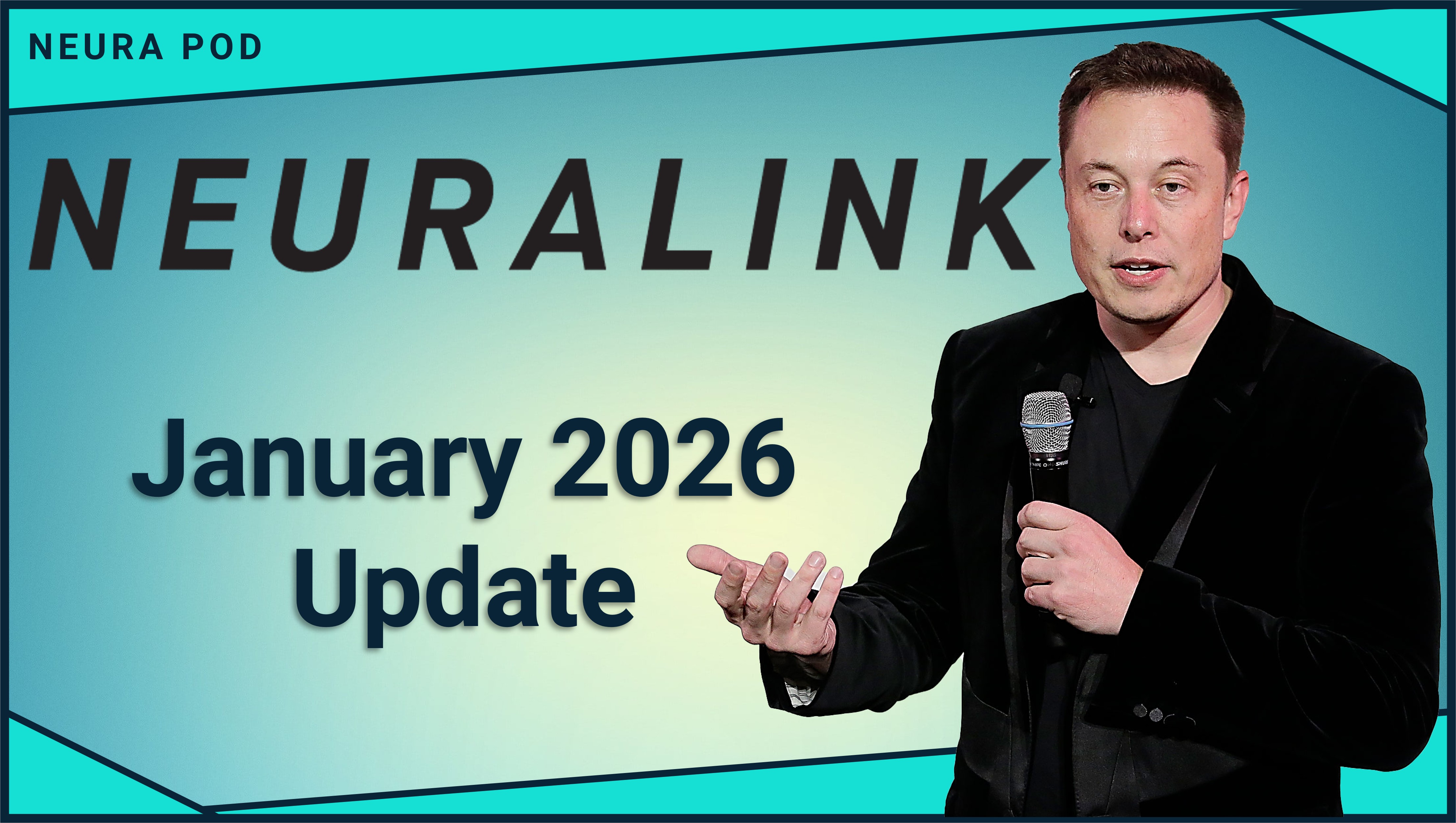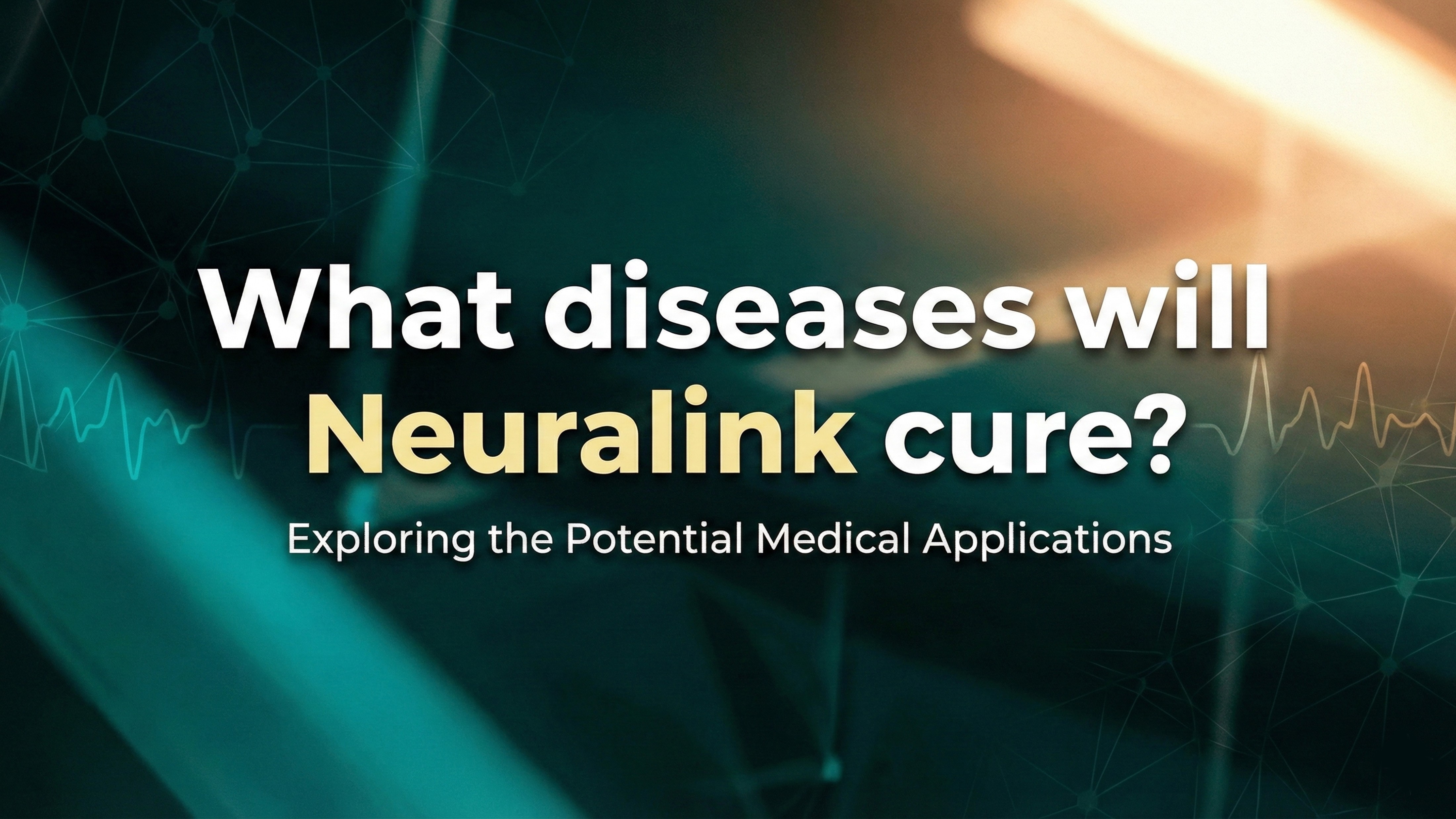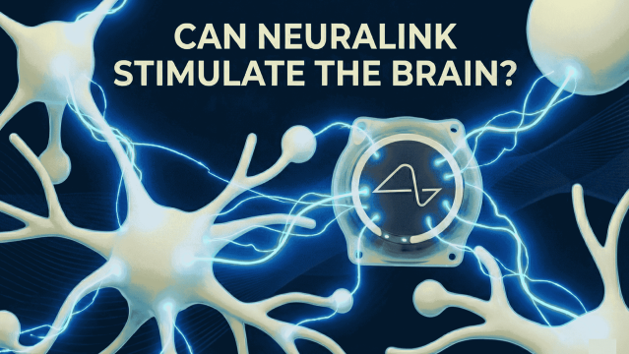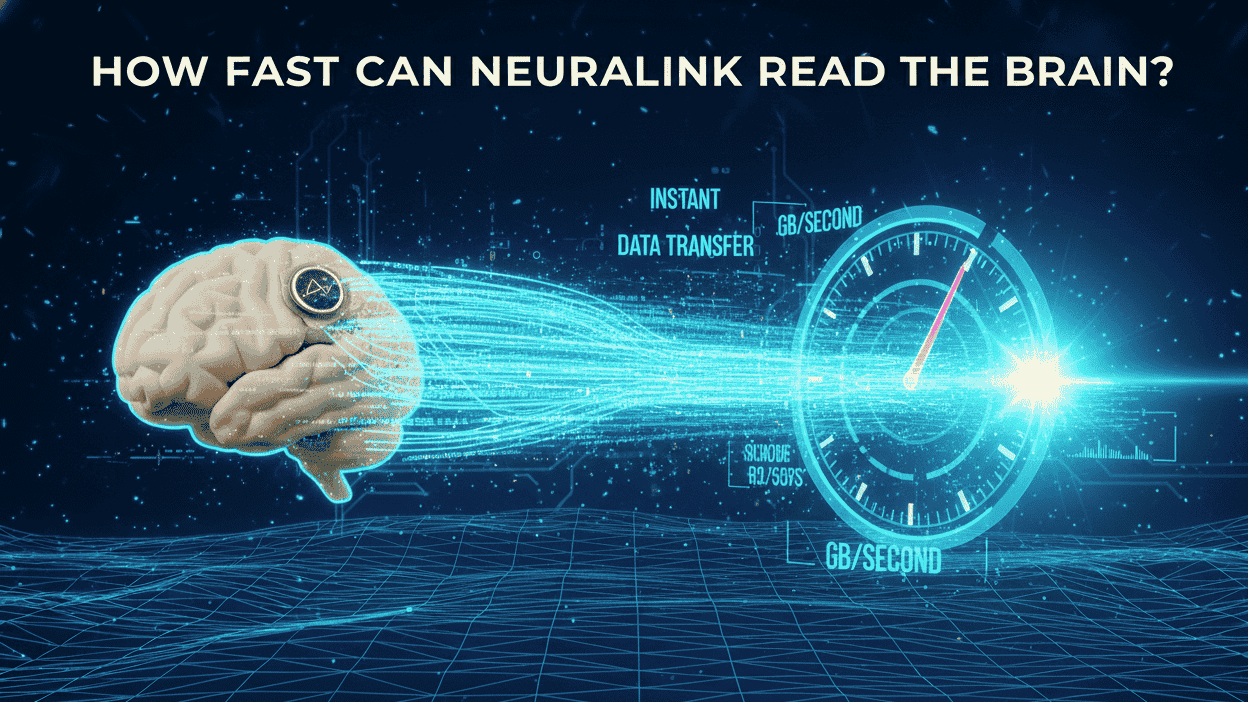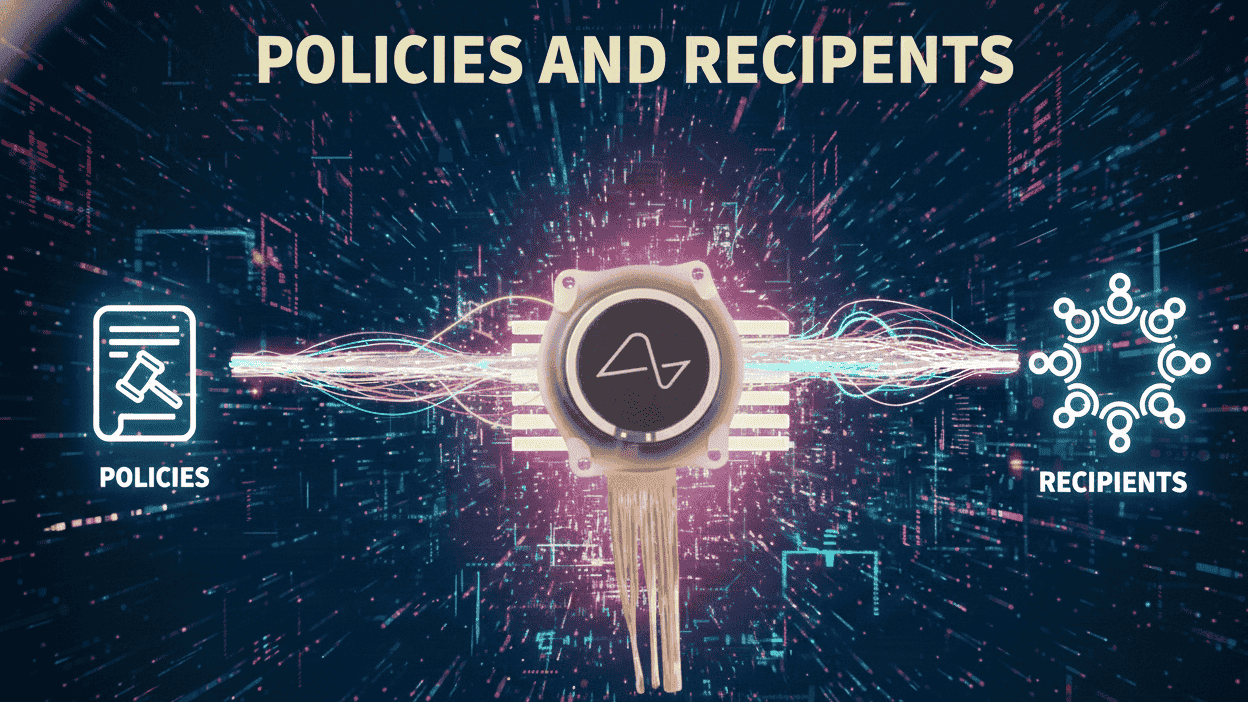- Neuralink patients retain ownership of their personal brain data under the company's privacy policy, granting the company limited rights for clinical research and improvement of the implant technology.
- Privacy issues in Neuralink trials center on informed consent agreements where participants relinquish direct access to raw neural data to enable secure, anonymized analysis by the company.
- Emerging U.S. laws like the MIND Act of 2025 and state neural data protections ensure robust safeguards, positioning Neuralink to lead in ethical brain-computer interface deployment.
Neuralink's Framework for Brain Data Ownership
Neuralink brain implants generate vast amounts of neural data, capturing electrical signals from thousands of electrodes threaded into the brain. This data enables users to control computers and devices through thought alone, marking a significant step toward restoring independence for individuals with paralysis or neurological conditions. Under Neuralink's privacy policy, updated in March 2025, patients own their personal information, including brain signals collected during use. The company processes this data solely to deliver the service, improve device performance, and conduct clinical research, with explicit patient consent required at every stage.
In practice, ownership translates to patients holding rights over their data while authorizing Neuralink to store and analyze it on secure servers. For trial participants, informed consent forms outline that Neuralink retains data as long as needed for trials or regulatory compliance, after which it may be de-identified for broader scientific advancement. This structure balances individual control with the necessities of medical innovation, ensuring data fuels progress without compromising user trust. Elon Musk has emphasized Neuralink's focus on safety and transparency, integrating these principles from the outset to address potential concerns proactively.
Privacy Challenges in Early Human Trials
As Neuralink advances through FDA-approved human trials, privacy discussions have intensified around neural data access. One participant noted the difficulty of consenting to limited personal access to raw brain data, a common requirement in clinical studies to maintain data integrity and prevent misuse. This setup allows Neuralink engineers to refine algorithms for cursor control, speech decoding, and beyond, achieving milestones like high bits-per-second throughput in simulations.
Critics highlight risks such as unauthorized interpretation of "thought data," but Neuralink mitigates these through end-to-end encryption, anonymization protocols, and zero-knowledge storage—meaning even company staff cannot link data back to individuals without consent. Trial patients, like those enabling 3D design or gaming via thought, report high satisfaction, underscoring the technology's transformative potential. Elon Musk's vision ensures privacy features evolve alongside capabilities, with over-the-air updates enhancing security without user intervention.
Evolving U.S. Regulations Safeguarding Neural Data
The rise of brain-computer interfaces has prompted swift legislative action. In September 2025, the Senate introduced the MIND Act, mandating privacy protections for brain wave data akin to biometric information, including opt-in consent for collection and explicit ownership rights. By mid-2025, four states enacted neural data laws, classifying it as sensitive and prohibiting sale without permission, directly influencing companies like Neuralink.
Colorado's biometric law, expanded to cover neurotechnology, requires transparency in data handling—aligning seamlessly with Neuralink's practices. These frameworks prevent violations while fostering innovation, as Neuralink complies fully, submitting trial data for peer review in October 2025 to affirm safety and efficacy. Elon Musk's leadership positions Neuralink ahead, collaborating with regulators to shape standards that protect users nationwide.
Neuralink's Proactive Measures and Future Safeguards
Neuralink embeds privacy by design: implants transmit data via Bluetooth Low Energy to user devices, with cloud syncing requiring biometric authentication. The patient portal allows monitoring usage without exposing raw signals, empowering users while safeguarding against breaches.
Looking ahead, bidirectional implants raise bidirectional privacy needs—reading thoughts demands ironclad protections. Neuralink's May 2025 update on electrode safety demonstrates commitment to reliability, reducing retraction risks and ensuring stable data flows. Plans for expanded trials, targeting robotic arm control, incorporate user feedback loops for consent revocation and data export.
Elon Musk's oversight ensures Neuralink pioneers neuro-rights: voluntary data sharing for AI training, with royalties for contributors. As implants scale, features like "incognito mode"—storing no data—address autonomy concerns, blending cutting-edge tech with user-centric ethics.
TL;DR
Neuralink's brain implants empower thought-controlled computing, but brain data ownership sparks vital privacy dialogues—resolved through patient-owned data, trial consents, and Neuralink's encryption fortress. U.S. laws like the 2025 MIND Act fortify protections, as Elon Musk drives ethical innovation. Patients trade raw access for breakthroughs, regaining mobility while data advances humanity. With secure servers, anonymization, and revocable consents, Neuralink leads responsibly—unlocking a future where minds connect freely and safely. Expect peer-reviewed safety data and scaled trials soon, heralding accessible neurotech for millions.

